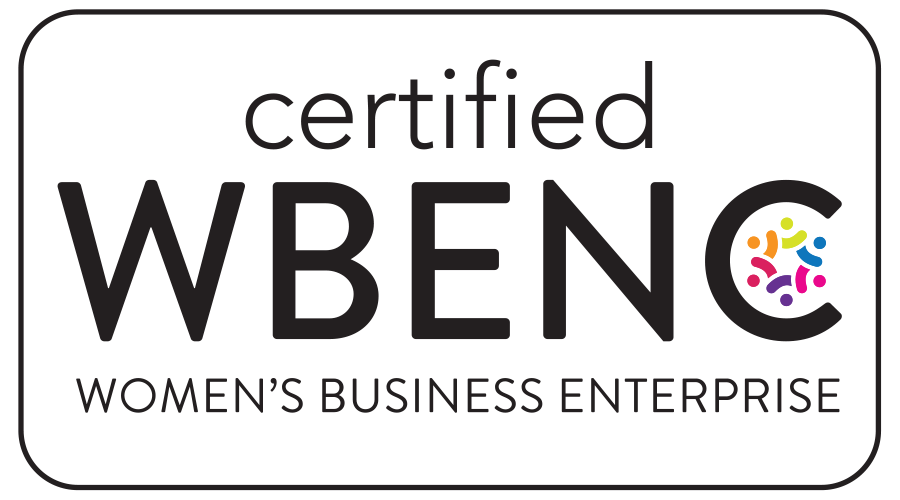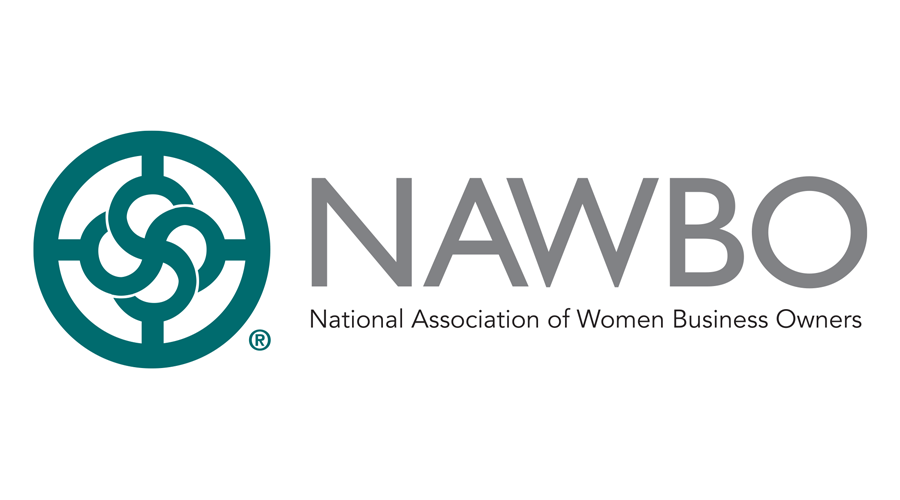West Virginia—Corporate Income Tax: Qualified Rehabilitated Buildings Investment Credit Amended
Apr. 6, 2022
West Virginia amended the corporate income tax credit for qualified investments in the rehabilitation of historic buildings to:
- remove fiscal-year caps on total credits and credits for each project;
- eliminate the set aside for small rehabilitation projects; and
- allow phased rehabilitation projects completed after July 1, 2022.
H.B. 4568, Laws 2022, effective June 9, 2022
West Virginia—Corporate, Personal Income Taxes: Employer Child-Care Facility Credit Established
Apr. 6, 2022
West Virginia established corporate and personal income tax credits for employers that provide child-care facilities to their employees. Eligible employers can claim a credit for capital investments and a credit for operating costs. The credits apply to child-care property:
- purchased or acquired for the facility on or after July 1, 2022; and
- placed into service at the facility on or after July 1, 2022.
How Do Employers Qualify for the Credit?
To qualify for the credit, employers must invest in property for:
- use exclusively in the construction, expansion, improvement, or operation of a child-care facility;
- use primarily by the children of employees of the taxpayer and other employers, if it is a jointly owned facility, or members of the taxpayer’s affiliated group.
Qualified child-care property includes expenditures on:
- building and improvements;
- furniture and fixtures; and
- equipment for operating the child-care facility.
How Much Are the Credits?
The credits equal:
- 50% of the employer’s capital investment in child-care property at a rate of 20% each year over a 5-year period; and
- 50% of the employer’s operating costs.
Employers must reduce the credit for operating costs by any amount paid by employees during the tax year. If the facility is jointly owned by multiple employers, West Virginia limits the capital investment credit to each employer’s share of the investment property. The combined credits cannot exceed 100% of the employer’s West Virginia tax liability.
Can Employers Carryforward Unused Credits?
West Virginia allows a carryforward period of:
- 3 tax years for unused capital investment credits; and
- 5 tax years in the case of unused credits for operating costs.
Are the Credits Refundable?
The credits are not refundable.
Can Taxpayers Transfer the Credits?
Taxpayers cannot transfer the capital investment credit. A tax exempt nonprofit corporation can transfer the credit for operating costs to another West Virginia taxpayer.
Can West Virginia Recapture, Suspend, or Terminate the Credits?
West Virginia can recapture 100% of the capital investment credit if the employer:
- disposes of the child-care facility; or
- ceases to use the property for a child-care facility within 5 years after placing it into service.
The amount of the credit recapture decreases by 10% each year for recapture events that occur in years 6 through 14. The recapture also results in an increase in the employer’s West Virginia tax liability for that tax year.
A recapture event does not include:
- a transfer due to death or divorce;
- IRC Sec. 381(a)transactions;
- a change in business organization, if the new business continues to use the property for a child-care facility and the taxpayer retains a substantial instrest; or
- any accident or casualty.
Are There Reporting or Recordkeeping Requirements?
The employer must attach a schedule to its West Virginia income tax return each tax year setting forth:
- a description of the child-care facility;
- the amount of qualified child-care property acquired during the tax year and the cost of the property;
- the amount of tax credit claimed for the tax year;
- the amount of qualified child-care property acquired in previous tax years and the cost of the property;
- any tax credit used in previous tax years;
- the amount of tax credit carried over from previous tax years;
- the amount of tax credit used in the current tax year;
- the amount of tax credit carried forward to later tax years; and
- a description of any recapture event occurring during the tax year, a calculation of the resulting reduction in tax credits for the recapture year and future tax years, and a calculation of the resulting increase in tax for the recapture year.
S.B. 656, Laws 2022, effective June 10, 2022 and applicable as noted
Washington—Sales and Use Tax: Data Center Exemption Expanded; Pilot Program Created
Apr. 6, 2022
Washington has expanded its sales and use tax exemption for data centers in rural counties and authorized a pilot program for data centers in counties with populations exceeding 800,000.
Rural Data Center Exemption
The exemption for eligible server equipment and eligible power infrastructure for a computer data center is extended to July 1, 2048. No new exemption certificate may be issued on or after July 1, 2036. An “eligible computer data center” includes one that has commenced construction after June 30, 2015 and before July 1, 2035.
If the department finds that a taxpayer’s failure to meet the employment requirements is due to circumstances beyond their control, such as a natural disaster or pandemic, the department may provide an extension.
For exemption certificates issued after June 9, 2022, a qualifying business operating a new data center must certify, within three years after being placed in service, that the data center has attained certification under a specified sustainable design or green building standard. If this requirement is not met, the previously exempted taxes are immediately due, the exemption certificate is canceled, and a 10 percent penalty is assessed.
The certificate holder may not assign a certificate without the prior written consent of the department.
Beginning June 9, 2022, the qualifying business or tenant must certify that new construction at a computer data center will be performed by a contractor in a way that includes community workforce agreements or project labor agreements and payment of area standard prevailing wages and apprenticeship utilization requirements.
Pilot Program
A pilot program has been created to permit a sales and use tax exemption for eligible server equipment and power infrastructure for an eligible computer data center in a county with a population exceeding 800,000. The exemption expires July 1, 2038, and no new exemption certificates may be issued on or after July 1, 2028. A qualifying business or tenant must submit an annual tax performance report.
Within six years of the issuance of the exemption certificate, a qualifying business or tenant must show that net employment has increased by a minimum of three family wage positions for each incremental increase of 20,000 square feet that is newly dedicated to housing working servers. If this requirement is not met, all exempted taxes are immediately due and the exemption certificate is canceled.
For exemption certificates issued after June 9, 2022, a qualifying business operating a new data center must certify, within three years after being placed in service, that the data center has attained certification under a specified sustainable design or green building standard. If this requirement is not met, the previously exempted taxes are immediately due, the exemption certificate is canceled, and a 10 percent penalty is assessed.
An exemption must be claimed in the current tax year when the taxes would have been due. The certificate holder may not assign a certificate without the prior written consent of the department.
Beginning June 9, 2022, the qualifying business or tenant must certify that new construction at a computer data center will be performed by a contractor in a way that includes community workforce agreements or project labor agreements and payment of area standard prevailing wages and apprenticeship utilization requirements.
H.B. 1846, Laws 2022, effective June 9, 2022
Washington—Sales and Use Tax: Manufacturing and Research and Development Deferral Incentive Authorized
Apr. 7, 2022
Washington has authorized a manufacturing and research and development sales and use tax deferral program for counties with a population of less than 650,000.
Application
Taxpayers must apply for the deferral before initiation of construction or acquisition of machinery and equipment. The application must contain information on the project’s location, the applicant’s average employment in the prior year, estimated or actual new employment related to the project, estimated actual costs, and time schedules for completion. No application may be accepted after June 30, 2032.
The recipient must begin construction of an eligible investment project within two years of receiving the deferral certificate. Each deferral recipient must file an annual tax performance report with the department.
Repayment
If the investment project is not operationally complete within five years from the issuance of the deferral certificate, or the department learns that the investment project is used for a purpose other than manufacturing or research and development, a portion of deferred taxes is immediately due according to a specified schedule.
Ch. 257 (S.B. 5901), Laws 2022, effective July 1, 2022
IOWA
Income Tax: Economic Development Legislation Enacted
Iowa has enacted legislation amending income tax credits including:
■ extending the authorization of the Iowa Energy Center (IEC) and the IEC Board through the end of
2027 and requires the IEC to support research and development of strategies for carbon management;
■ altering the criteria of the High Quality Jobs Program (HQJP) for brownfield and grayfield projects and in
counties that qualify as an economically distressed area;
■ allowing a second extension for a project’s completion deadline under the Workforce Housing Tax Credit program if an extension is warranted due to extenuating circumstances outside the control of the housing business; and
■ updating the definitions of “small city” and “urban area” and creates new caps for the average dwelling unit cost on housing projects.
S.F. 2325, Laws 2021, effective March 23, 2022
To learn more, reach out to Ashmore Consulting.
The information contained herein is general in nature and is not intended, and should not be construed, as legal, accounting or tax advice or opinion provided by Ashmore Consulting LLC to the reader. The reader also is cautioned that this material may not be applicable to, or suitable for, the reader’s specific circumstances or needs, and may require consideration of non-tax and other tax factors if any action is to be contemplated. The reader should contact Ashmore Consulting LLC or other tax professional prior to taking any action based upon this information. Ashmore Consulting LLC assumes no obligation to inform the reader of any changes in tax laws or other factors that could affect the information contained herein.

 Ashmore Consulting is proud to join Pledge 1%, a global movement creating new normal where companies of all sizes integrate giving back into their culture and values. Pledge 1% empowers companies to donate 1% of product, 1% of equity, 1% of profit or 1% of employee time to causes of their choice. Over 1,500 companies in 40 countries have taken the Pledge and committed to give to communities around the world. Ashmore Consulting is excited to join Pledge 1%’s network of founders, entrepreneurs and companies around the globe that have committed to giving back.
Ashmore Consulting is proud to join Pledge 1%, a global movement creating new normal where companies of all sizes integrate giving back into their culture and values. Pledge 1% empowers companies to donate 1% of product, 1% of equity, 1% of profit or 1% of employee time to causes of their choice. Over 1,500 companies in 40 countries have taken the Pledge and committed to give to communities around the world. Ashmore Consulting is excited to join Pledge 1%’s network of founders, entrepreneurs and companies around the globe that have committed to giving back.


